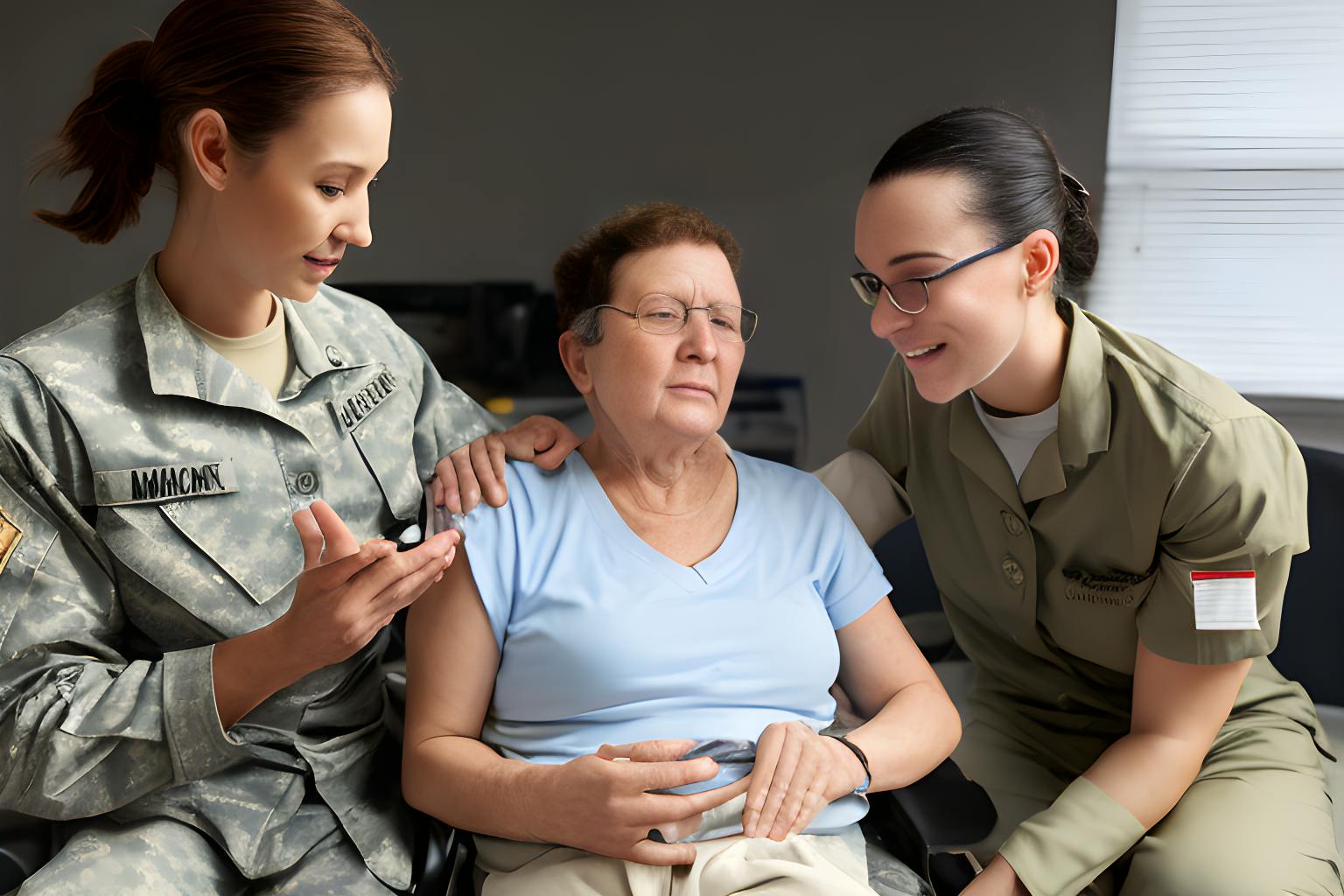576 reads
Nursing In The Military: An Interview
by
February 16th, 2023
Audio Presented by

I'm passionate about showing how technology can make people's lives better, easier, and more enjoyable.
About Author
I'm passionate about showing how technology can make people's lives better, easier, and more enjoyable.
